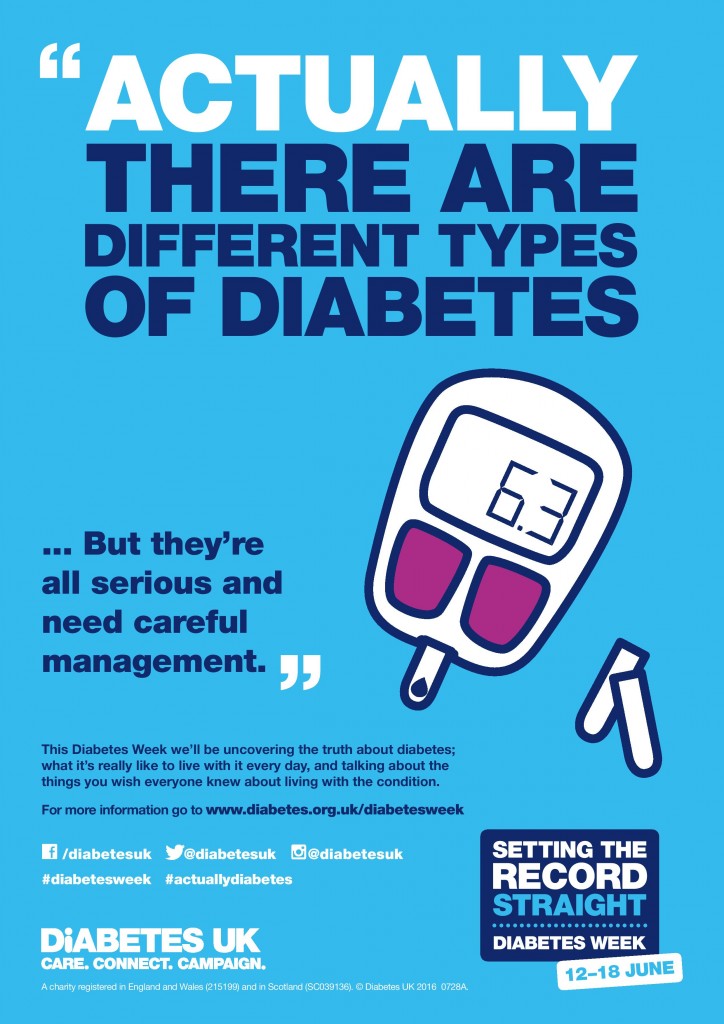
Emerging evidence suggests that COVID-19 may actually trigger the onset of diabetes in healthy people and also cause severe complications of pre-existing diabetes.
A letter published today in the New England Journal of Medicine and signed by an international group of 17 leading diabetes experts involved in the CoviDiab Registry project, a collaborative international research initiative, announces the establishment of a Global Registry of new cases of diabetes in patients with COVID-19.
The Registry aims to understand the extent and the characteristics of the manifestations of diabetes in patients with COVID-19, and the best strategies for the treatment and monitoring of affected patients, during and after the pandemic.
Clinical observations so far show a bi-directional relationship between COVID-19 and diabetes. On the one hand, diabetes is associated with increased risk of COVID-19 severity and mortality. Between 20 and 30% of patients who died with COVID-19 have been reported to have diabetes. On the other hand, new-onset diabetes and atypical metabolic complications of pre-existing diabetes, including life-threatening ones, have been observed in people with COVID-19.
It is still unclear how SARS-Cov-2, the virus that causes COVID-19, impacts diabetes. Previous research has shown that ACE-2, the protein that binds to SARS-Cov-2 allowing the virus to enter human cells, is not only located in the lungs but also in organs and tissues involved in glucose metabolism such as the pancreas, the small intestine, the fat tissue, the liver and the kidney. Researchers hypothesise that by entering these tissues, the virus may cause multiple and complex dysfunctions of glucose metabolism. It has also been known for many years that virus infections can precipitate type 1 diabetes.
Francesco Rubino, Professor of Metabolic Surgery at King’s College London and co-lead investigator of the CoviDiab Registry project, said: “Diabetes is one of the most prevalent chronic diseases and we are now realizing the consequences of the inevitable clash between two pandemics. Given the short period of human contact with this new coronavirus, the exact mechanism by which the virus influences glucose metabolism is still unclear and we don’t know whether the acute manifestation of diabetes in these patients represent classic type 1, type 2 or possibly a new form of diabetes”.
Paul Zimmet, Professor of Diabetes at Monash University in Melbourne, Honorary President of the International Diabetes Federation and co-lead investigator in the CoviDiab Registry project said: “We don’t yet know the magnitude of the new onset diabetes in COVID-19 and if it will persist or resolve after the infection; and if so, whether or not or COVID-19 increases risk of future diabetes. By establishing this Global Registry, we are calling on the international medical community to rapidly share relevant clinical observations that can help answer these questions”.
Stephanie Amiel, Professor of Diabetes Research at King’s College London and a co-investigator of the CoviDiab Registry project said: “The registry focuses on routinely collected clinical data that will help us examine insulin secretory capacity, insulin resistance and autoimmune antibody status to understand how COVID-19 related diabetes develops, its natural history and best management. Studying COVID-19-related diabetes may uncover novel mechanisms of disease.”






